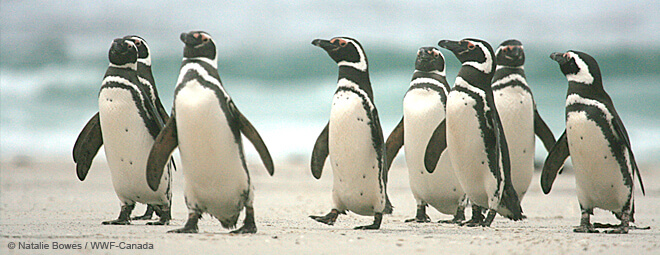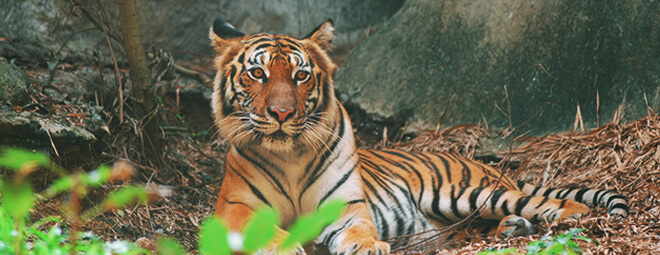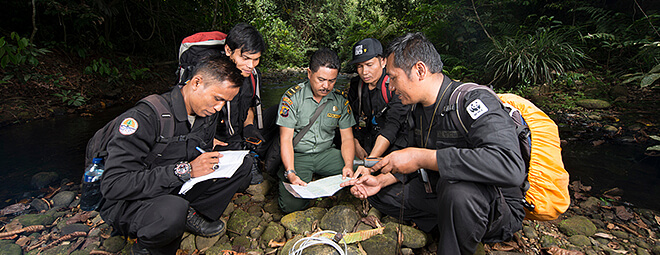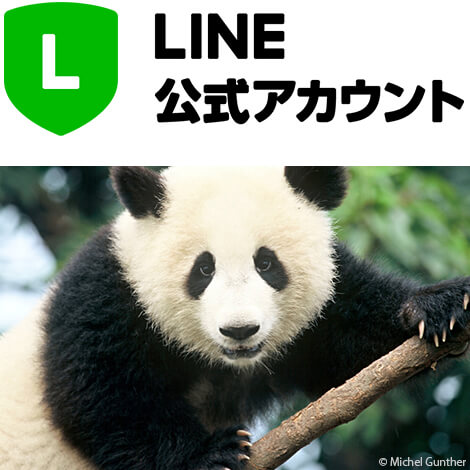WWF Japan Releases New Report Highlighting Japan’s Role in Global Reptile Trade
2025/07/24
Tokyo, Japan, July 24, 205 — WWF Japan today released a new report titled “TRACKING the TRADE – A Case Study of Nine Reptile Species in the Japanese Market”, shedding light on the growing scale and complexity of Japan’s involvement in the international trade of live reptiles. The report, published in both Japanese and English, reveals concerning trends in the legal and illegal trade of nine reptile species frequently observed in the Japanese pet market.
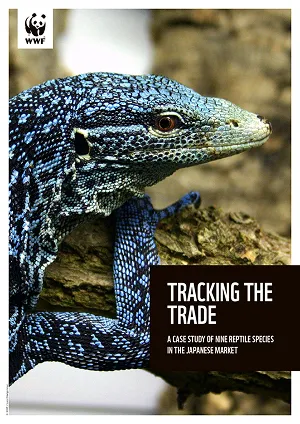
TRACKING THE TRADE- A Case Study of Nine Reptile Species in the Japanese Market
URL: https://www.wwf.or.jp/activities/data/WWF_report-tracking-the-trade-eng.pdf
Japan ranks among the top five global importers for six of the nine focal species and is the second-largest importer for four of them. The findings underscore Japan’s significant role in the global reptile trade and raise urgent questions about the sustainability and legality of current practices.
The report identifies species such as the Blue-speckled monitor (Varanus macraei) and Savannah monitor (Varanus exanthematicus) as being at significant risk due to illegal or unsustainable sourcing practices. It also highlights the appearance of species in the Japanese market without proper import records, and the increasing trade in species with limited biological capacity for commercial exploitation.
WWF Expert Comment

“Japan’s reptile pet market has been expanding for over a decade, yet transactions with questionable legality and sustainability continue to occur. This is deeply concerning,” said Kay Wakao, Conservation Officer at WWF Japan.
“In today’s world, where the Nature Positive is a shared global priority, businesses involved in wildlife trade have critical responsibility to ensure the practices sustainable and do not harm wild populations. We also urge Japan’s CITES Management and Scientific Authorities to actively fulfill their responsibilities as an importing country, by promoting sustainable use and taking decisive action against illegal and unsustainable trade.”
Key Recommendations Include:
Japanese authorities should
- strengthen import verification for CITES Appendix II species.
- establish size limits for high-risk species to prevent laundering of wild-caught individuals.
- restrict imports from countries with known laundering issues.
- enhance transparency through improved reporting and databasing.
Japanese reptile businesses should
- promote responsible market practices.
The report calls on Japanese authorities, businesses, and consumers to take proactive steps to ensure that Japan’s reptile trade does not contribute to biodiversity loss or illegal wildlife trafficking. It also urges exporting countries and the CITES Secretariat to scrutinize permits and consider further reviews of significant trade.
This research is released in advance of the 20th Conference of the Parties to CITES (CoP20), scheduled for November 2025, where several reptile species are expected to be proposed for listing in an effort to prevent overexploitation.



